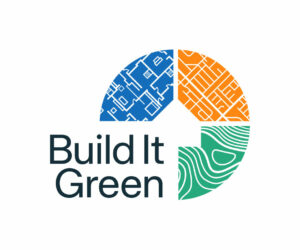Kurt, Senior Manager of Operations
I think being a Californian homeowner means a lot different than what it used to mean, especially during this time of limited supply housing and high housing prices. It continues to be a dream for many but becomes more and more out of reach each year. I think home ownership means having a place that you can call home, that you feel more permanent, not worried about having to relocate. I think there is a financial aspect to it as well, not just kind of the immediate hardship to get the home, but once having the home, there could be more of a belief of financial stability and having an asset that you could fall back on or utilize to help continue to improve your life situation.
Victor, Engagement Associate
For me, to be a California homeowner is to aim for “right-sizing” or to live responsibly within your means– in harmony with natural ecological systems and with care for the social fabric of your wider community. I want to move away from this individualistic idea of homeownership to one that is about strengthening society at large, as well as our relationship to our planet.
To keep up with Build It Green and our team, follow us on LinkedIn and sign up for our newsletter.


Alex Coba
Communication Associate
As a proud California native from Stockton, Alex brings a wealth of experience and a versatile skill set. He has a solid communication background with a Bachelor of Arts in Journalism and Public Relations from California State University, Chico. Alex is adept at strategic communications and media relations, with experience gathering and sharing stories from his local communities that uplift the unique spirit and values of those places. He is excited to join Build It Green, where he can apply his talents to further BIG’s mission to help communities across California thrive